Home>diy>Building & Construction>What Type Of Construction Jobs Are There
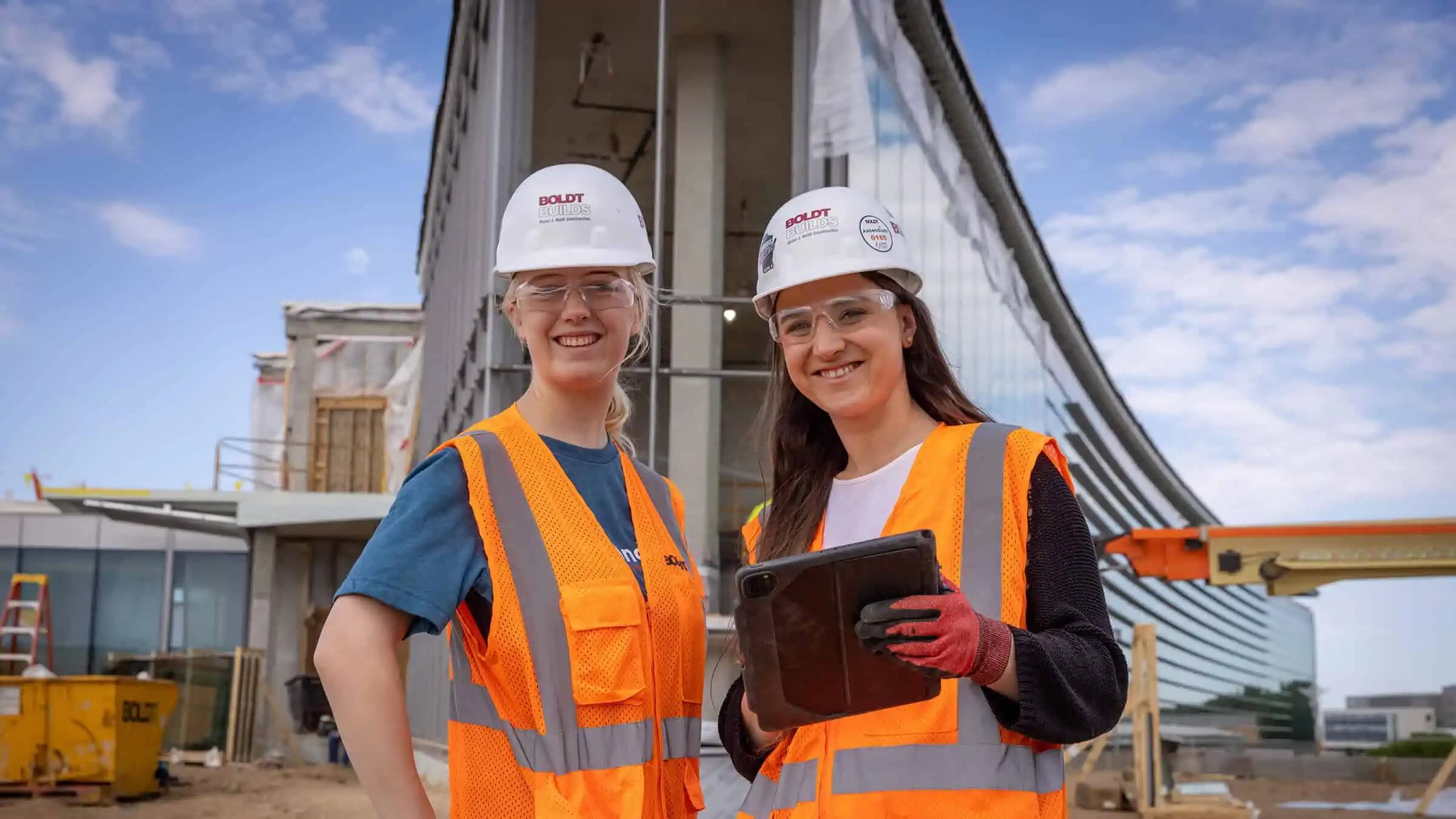

Building & Construction
What Type Of Construction Jobs Are There
Modified: January 24, 2024
Discover the various types of construction jobs in the building-construction industry. Explore career opportunities and find your perfect role in construction.
(Many of the links in this article redirect to a specific reviewed product. Your purchase of these products through affiliate links helps to generate commission for Storables.com, at no extra cost. Learn more)
Introduction
Welcome to the world of construction jobs! The construction industry is a thriving sector that offers a wide range of career opportunities. From residential buildings to commercial complexes, and from infrastructure projects to environmental initiatives, construction jobs are essential in shaping the built environment we live in.
Construction jobs encompass a diverse range of roles and responsibilities, each playing a vital role in the successful completion of projects. Whether you’re interested in working with your hands on a construction site or prefer to be involved in project management, there is a construction job that suits your skills and interests.
In this article, we will explore different types of construction jobs, providing an overview of the various sectors within the industry. Let’s dive in and discover the exciting possibilities that await you in the world of construction.
Key Takeaways:
- The construction industry offers diverse career opportunities across residential, commercial, industrial, civil, healthcare, educational, infrastructure, and environmental sectors, catering to various skills and interests.
- From building homes to creating sustainable infrastructure, construction jobs play a vital role in shaping the built environment, offering fulfilling and rewarding career paths for individuals with a passion for creating safe, functional, and environmentally conscious spaces.
Read more: What Is The Hardest Construction Job
Residential Construction Jobs
Residential construction jobs focus on building and renovating homes and residential properties. This sector offers a wide array of career options, catering to individuals with varying skill sets and interests.
1. General Contractor: The general contractor oversees all aspects of a residential construction project. They coordinate with clients, subcontractors, and suppliers, ensuring that the project is completed on time and within budget.
2. Architect: Architects are responsible for designing residential structures, taking into consideration aesthetics, functionality, and safety. They create detailed plans and blueprints that serve as a guide for construction teams.
3. Construction Manager: Construction managers oversee the entire construction process, ensuring that the project runs smoothly. They coordinate resources, manage budgets and timelines, and ensure compliance with building codes and regulations.
4. Carpenter: Carpenters work with wood, cutting, shaping, and installing it to create structures such as walls, roofs, and flooring. They also construct and install cabinets, doors, and other fixtures.
5. Electrician: Electricians install and maintain the electrical systems in residential properties. They wire homes, install lighting fixtures, and ensure that the electrical infrastructure is safe and up to code.
6. Plumber: Plumbers handle the installation and repair of plumbing systems in residential buildings. They ensure the proper functioning of pipes, fixtures, and sewage systems, providing homeowners with clean water and efficient drainage.
7. Painter: Painters are responsible for applying paint or other finishes to surfaces. They prepare walls, ceilings, and exteriors for painting, ensuring a smooth and aesthetically pleasing finish that enhances the overall look of the residential property.
These are just a few examples of the wide range of residential construction jobs available. Each role contributes to the construction and improvement of homes, creating living spaces that meet the needs and desires of homeowners.
Commercial Construction Jobs
Commercial construction jobs revolve around the development of non-residential buildings, such as office buildings, retail spaces, and hotels. This sector offers a dynamic and exciting range of career opportunities for individuals passionate about creating functional and visually appealing commercial spaces.
1. Project Manager: The project manager oversees the entire commercial construction project, from inception to completion. They manage budgets, coordinate with subcontractors, and ensure the project is delivered on schedule and within specifications.
2. Architect: Architects play a crucial role in designing and planning commercial buildings. They work closely with clients to understand their needs and create innovative and efficient designs that meet both aesthetic and functional requirements.
3. Civil Engineer: Civil engineers are responsible for ensuring that commercial buildings are structurally sound and comply with building codes and regulations. They create detailed plans and calculations for foundations, materials, and structural components.
4. Construction Estimator: Construction estimators evaluate the costs of commercial construction projects. They analyze blueprints, labor requirements, and materials to provide accurate cost estimates, helping clients and construction teams make informed decisions.
5. Construction Superintendent: Construction superintendents oversee the day-to-day operations on commercial construction sites. They coordinate subcontractors, monitor project progress, and ensure that safety protocols are followed.
6. Mechanical Engineer: Mechanical engineers design and oversee the installation of HVAC (heating, ventilation, and air conditioning) systems in commercial buildings. They ensure that indoor environments are comfortable, energy-efficient, and adhere to industry standards.
7. Interior Designer: Interior designers focus on creating functional and aesthetically pleasing spaces within commercial buildings. They work with clients to understand their brand identity and create designs that align with their vision, taking into consideration factors such as space planning, lighting, and furniture selection.
From project management to design and engineering, commercial construction jobs offer a diverse range of opportunities for individuals looking to contribute to the creation of modern and innovative commercial spaces.
Industrial Construction Jobs
Industrial construction jobs involve the development and construction of facilities such as factories, warehouses, power plants, and manufacturing plants. These projects require a specialized set of skills and expertise to ensure the efficient and safe operation of industrial operations.
1. Industrial Project Manager: Industrial project managers oversee the entire construction process of industrial facilities. They manage budgets, coordinate with subcontractors, and ensure that projects are completed on time and within specifications.
2. Industrial Engineer: Industrial engineers design and optimize the layout and processes within industrial facilities. They streamline workflows, improve efficiency, and maximize productivity through the application of engineering principles.
3. Structural Engineer: Structural engineers play a crucial role in designing the structural components of industrial buildings. They ensure that the structures can withstand the heavy loads and environmental factors associated with industrial operations.
4. Electrical Engineer: Electrical engineers specialize in designing and implementing electrical systems within industrial facilities. They ensure the safe and efficient distribution of electricity, control systems, and emergency power systems.
5. Mechanical Engineer: Mechanical engineers focus on the design and maintenance of mechanical systems within industrial settings. They are responsible for the proper functioning of machinery, HVAC systems, and ventilation systems.
6. Welder: Welders play a crucial role in joining and fabricating metal components used in industrial construction. They combine their skill in welding techniques with precise measurements to create sturdy and reliable structures.
7. Industrial Electrician: Industrial electricians specialize in the installation and maintenance of electrical systems within industrial facilities. They handle high-voltage equipment, troubleshoot electrical issues, and ensure compliance with safety regulations.
Industrial construction jobs require individuals with technical expertise and a strong understanding of industrial operations. The diverse range of roles in this sector ensures the successful development and operation of facilities that drive the economy and support various industries.
Civil Construction Jobs
Civil construction jobs encompass projects related to infrastructure development, including roads, bridges, airports, dams, and water supply systems. These jobs focus on creating essential structures that form the foundation of a region’s transportation, communication, and public services.
1. Civil Engineer: Civil engineers are at the forefront of civil construction projects. They design and oversee the construction of infrastructure projects, ensuring structural integrity and compliance with regulations. They also conduct feasibility studies and manage budgets and timelines.
2. Site Engineer: Site engineers play a crucial role in translating the design plans into reality. They manage construction activities on-site, supervising workers, monitoring progress, and ensuring adherence to quality and safety standards.
3. Surveyor: Surveyors assess and measure the land and existing structures to provide accurate data for design and construction purposes. They use specialized tools and equipment to determine boundaries, elevation, and plot layouts.
4. Heavy Equipment Operator: Heavy equipment operators operate machinery like excavators, bulldozers, and cranes to move earth, dig trenches, and lift heavy materials. They are responsible for ensuring the safe and efficient use of equipment on construction sites.
5. Concrete Worker: Concrete workers specialize in the preparation and pouring of concrete for various civil construction projects. They work with the mixture, ensuring proper consistency and pouring it into forms or molds to create structures like foundations and walls.
6. Paving Crew: Paving crews are responsible for laying asphalt or concrete to create roads, parking lots, and sidewalks. They operate paving equipment and ensure smooth and level surfaces that meet design specifications.
7. Bridge Engineer: Bridge engineers focus specifically on designing and building bridges. They consider factors such as load capacity, environmental impact, and safety measures to create structures that can withstand various conditions and support heavy traffic.
Civil construction jobs are vital for connecting communities, enhancing transportation networks, and providing essential infrastructure for economic growth and development. These roles contribute to creating a strong foundation for society’s progress.
Construction jobs can include roles such as carpenters, electricians, plumbers, and project managers. Research the specific skills and qualifications needed for each role to find the best fit for your career goals.
Read more: What Is The Best Construction Job
Healthcare Construction Jobs
Healthcare construction jobs revolve around the development and renovation of medical facilities, including hospitals, clinics, and research centers. These projects require specialized expertise to create environments that support the delivery of high-quality healthcare services.
1. Healthcare Project Manager: Healthcare project managers oversee the construction and renovation of healthcare facilities. They coordinate with architects, engineers, and contractors to ensure that projects are completed on time, within budget, and meet the specific requirements of healthcare regulations.
2. Architect: Architects specializing in healthcare facilities design and plan the layout, functionality, and aesthetics of hospitals and medical buildings. They focus on creating a patient-centric environment while considering the unique needs of healthcare professionals.
3. Medical Equipment Planner: Medical equipment planners work closely with healthcare providers to determine the specific equipment needs and specifications of healthcare facilities. They collaborate with vendors, engineers, and construction teams to ensure the seamless integration of medical technology into the building design.
4. Healthcare Contractor: Healthcare contractors specialize in managing the construction process within healthcare facilities. They ensure compliance with infection control protocols and minimize disruptions to ongoing healthcare operations.
5. Interior Designer: Interior designers in healthcare focus on creating functional and healing environments. They consider factors such as infection control, patient comfort, and wayfinding, while incorporating design elements that promote a sense of calm and well-being.
6. Medical Gas Installer: Medical gas installers handle the installation and maintenance of medical gas systems within healthcare facilities. They ensure the proper distribution of medical gases, such as oxygen and anesthesia, to support patient care.
7. Healthcare Facility Manager: Healthcare facility managers oversee the day-to-day operations of healthcare buildings and ensure that they are maintained and operate smoothly. They manage facility maintenance, security, and compliance with healthcare regulations.
Healthcare construction jobs require individuals with an understanding of the unique requirements and regulations of the healthcare industry. These roles contribute to the creation of safe, efficient, and patient-centered environments that support the delivery of quality healthcare services.
Educational Construction Jobs
Educational construction jobs involve the development and renovation of schools, colleges, universities, and other educational facilities. These projects focus on creating inclusive and conducive learning environments that support students’ educational journeys.
1. Educational Project Manager: Educational project managers oversee the construction and renovation of educational facilities. They work closely with school administrators, architects, and contractors to ensure that projects are completed on time, within budget, and meet the specific needs of the educational institution.
2. Architect: Architects in the educational sector focus on designing functional and inspiring learning spaces. They consider factors such as classroom layouts, accessibility, and innovative design concepts that foster engagement and creativity among students.
3. Construction Estimator: Construction estimators specializing in educational projects assess the costs involved in constructing or renovating educational facilities. They analyze blueprints and project specifications to provide accurate cost estimates that assist in budget planning.
4. Site Supervisor: Site supervisors oversee the construction activities on educational sites. They ensure that the construction process adheres to safety regulations, monitor project progress, and coordinate with subcontractors to ensure timely completion.
5. HVAC Technician: HVAC technicians in educational construction prioritize creating a comfortable and healthy learning environment. They install, maintain, and repair heating, ventilation, and air conditioning systems, ensuring optimal temperature and air quality for students and staff.
6. Technology Infrastructure Specialist: Technology infrastructure specialists focus on integrating technology systems in educational facilities. They coordinate the installation of networks, interactive whiteboards, and audio-visual equipment, ensuring that classrooms are equipped with the necessary technology for modern teaching methods.
7. Planner: Planners assist in developing educational facilities by analyzing enrollment projections, curriculum needs, and space requirements. They work with architects and administrators to design functional spaces that accommodate future growth and support educational goals.
Educational construction jobs contribute to creating learning environments that inspire students and enhance their educational experience. These roles play a vital role in shaping the future of education by providing well-designed, safe, and accessible facilities for learners.
Infrastructure Construction Jobs
Infrastructure construction jobs involve the development and maintenance of public infrastructure systems that support communities’ daily activities. These projects focus on essential elements such as roads, bridges, water supply networks, sewage systems, and transportation facilities.
1. Infrastructure Project Manager: Infrastructure project managers oversee the construction and maintenance of public infrastructure projects. They manage budgets, coordinate with engineers and subcontractors, and ensure that projects are completed on time while adhering to quality standards and government regulations.
2. Civil Engineer: Civil engineers are at the forefront of infrastructure construction projects. They design and oversee the construction of roads, bridges, and other structures, ensuring structural integrity, safety, and adherence to engineering standards.
3. Transportation Planner: Transportation planners analyze traffic patterns and population growth to determine the transportation needs of a community. They develop plans to improve transportation systems, such as highways and public transit, ensuring efficient and sustainable mobility.
4. Environmental Engineer: Environmental engineers specialize in infrastructure projects with a focus on environmental sustainability. They assess environmental impacts, develop mitigation strategies, and ensure compliance with environmental regulations during construction and operation.
5. Surveyor: Surveyors play a crucial role in infrastructure construction by providing accurate measurements and data. They survey land, determine property boundaries, and create topographic maps that assist in the planning and execution of infrastructure projects.
6. Utility Worker: Utility workers install and maintain the underground infrastructure for water and sewage systems. They lay pipes, repair leaks, and ensure the proper functioning of these essential services.
7. Bridge Maintenance Engineer: Bridge maintenance engineers are responsible for inspecting and maintaining the integrity of bridges. They monitor and assess the condition of bridges, plan for repairs or upgrades, and ensure the safety and longevity of these vital transportation structures.
Infrastructure construction jobs play a critical role in developing the foundation of communities. These roles contribute to improving transportation, water supply, and wastewater management systems, enhancing the overall quality of life for residents.
Environmental Construction Jobs
Environmental construction jobs focus on projects that aim to protect and preserve the environment. These jobs contribute to the development and implementation of sustainable practices and initiatives, such as renewable energy installations, green building construction, and environmental remediation projects.
1. Environmental Project Manager: Environmental project managers oversee the planning and execution of environmental construction projects. They coordinate with environmental scientists, engineers, and contractors to ensure that projects meet environmental regulations and goals.
2. Renewable Energy Technician: Renewable energy technicians specialize in installing and maintaining renewable energy systems such as solar panels, wind turbines, and geothermal systems. They ensure the efficient and sustainable generation of clean energy.
3. Green Building Consultant: Green building consultants provide expertise on sustainable building practices. They advise on energy efficiency, materials selection, and waste reduction strategies, ensuring that construction projects prioritize environmental stewardship.
4. Environmental Scientist: Environmental scientists assess environmental impacts and develop strategies to mitigate negative effects on ecosystems. They conduct environmental assessments, monitor air and water quality, and recommend measures to protect natural resources during construction projects.
5. Waste Management Specialist: Waste management specialists develop and implement waste reduction and recycling programs on construction sites. They ensure the proper disposal of construction debris and promote sustainable waste management practices.
6. Environmental Technician: Environmental technicians assist with site assessments and sample collection. They analyze soil, water, and air samples to identify potential contamination and support environmental remediation efforts.
7. Land Reclamation Specialist: Land reclamation specialists focus on restoring and rehabilitating disturbed or contaminated land. They implement strategies to mitigate soil erosion, restore vegetation, and create sustainable landscapes.
Environmental construction jobs are crucial in addressing environmental challenges and promoting sustainable practices. These roles contribute to creating a greener future by integrating eco-friendly principles into construction projects and mitigating the impact of human activities on the environment.
Read more: What Is The Highest-Paid Construction Job
Conclusion
In conclusion, the construction industry offers a vast array of career opportunities across various sectors. Whether it’s residential, commercial, industrial, civil, healthcare, educational, infrastructure, or environmental construction, there is a job for every skill set and interest.
Residential construction jobs focus on building and renovating homes, offering careers such as general contractors, architects, and carpenters. Commercial construction jobs involve the development of non-residential buildings, including offices and retail spaces, with roles like project managers and architects.
Industrial construction jobs revolve around the construction of factories and manufacturing plants, requiring expertise in areas such as project management and structural engineering. Civil construction jobs focus on infrastructure development, including roads, bridges, and water supply systems, with careers such as civil engineers and surveyors.
Healthcare construction jobs involve the development and renovation of medical facilities, including hospitals and clinics, and require specialized roles like healthcare project managers and medical equipment planners. Educational construction jobs focus on creating conducive learning environments in schools and colleges, with careers like educational project managers and architects.
Infrastructure construction jobs contribute to the development of public infrastructure systems like roads, bridges, and transportation facilities, requiring expertise in areas such as civil engineering and transportation planning. Environmental construction jobs aim to protect and preserve the environment through sustainable practices like renewable energy installations and green building construction.
Each sector within the construction industry offers unique opportunities to contribute to society and shape the built environment. These jobs play a vital role in creating safe, functional, and environmentally conscious spaces that enhance our quality of life.
Whether you’re interested in working with your hands on a construction site or prefer a role in project management or design, the construction industry can offer a fulfilling and rewarding career. By combining your skills and interests with the needs of the industry, you can embark on a journey of professional growth and contribution to the built environment we live in.
So, explore the possibilities, follow your passion, and find your place in the exciting and dynamic world of construction jobs.
Frequently Asked Questions about What Type Of Construction Jobs Are There
Was this page helpful?
At Storables.com, we guarantee accurate and reliable information. Our content, validated by Expert Board Contributors, is crafted following stringent Editorial Policies. We're committed to providing you with well-researched, expert-backed insights for all your informational needs.
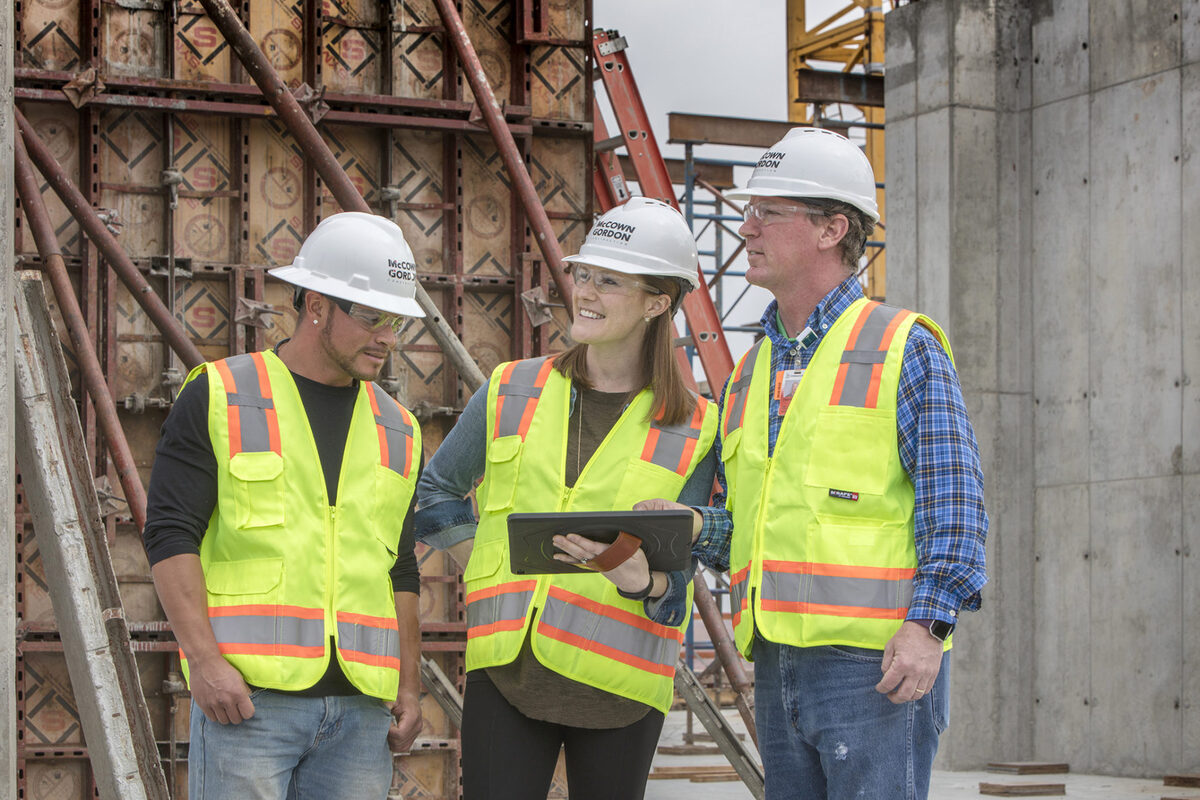
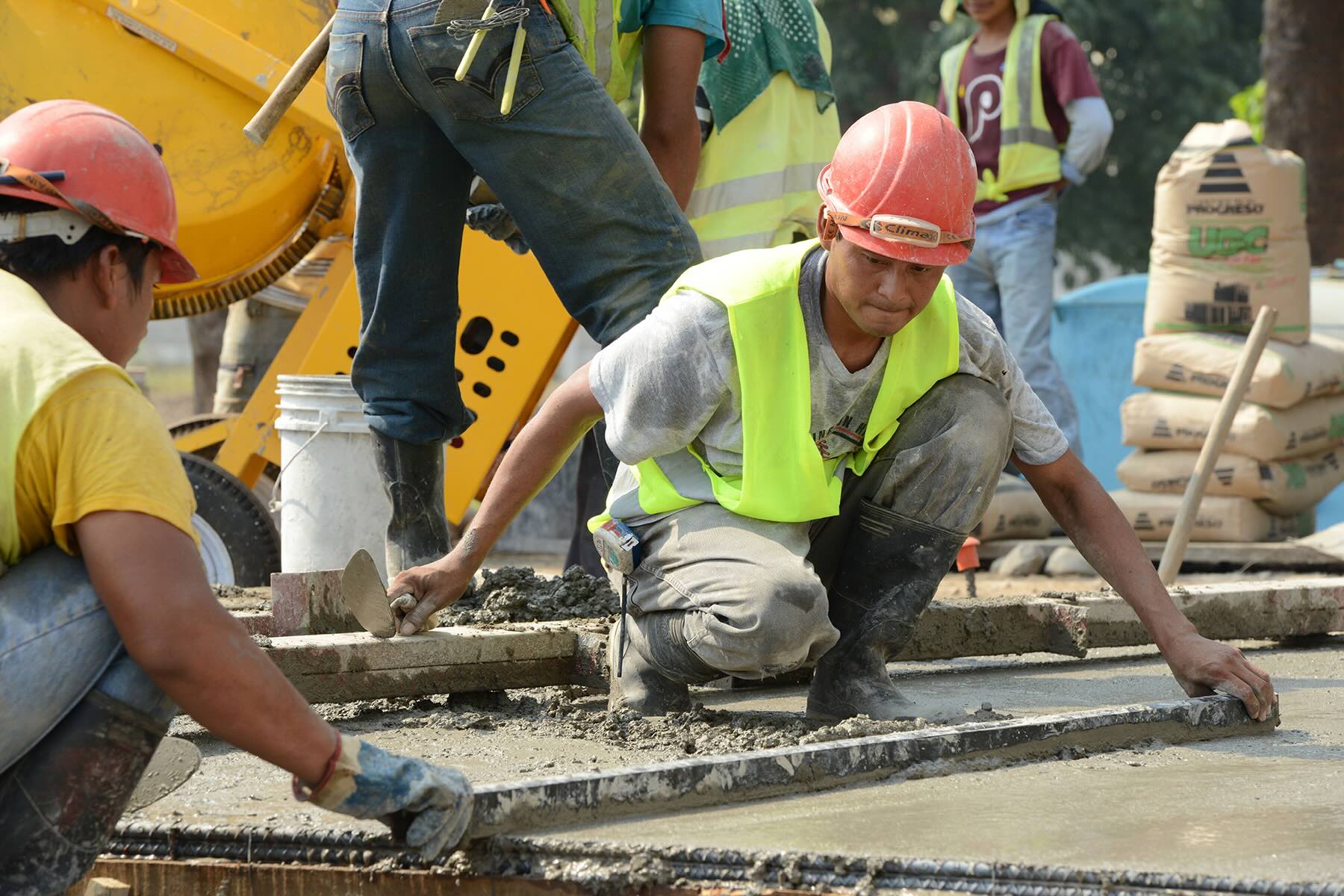

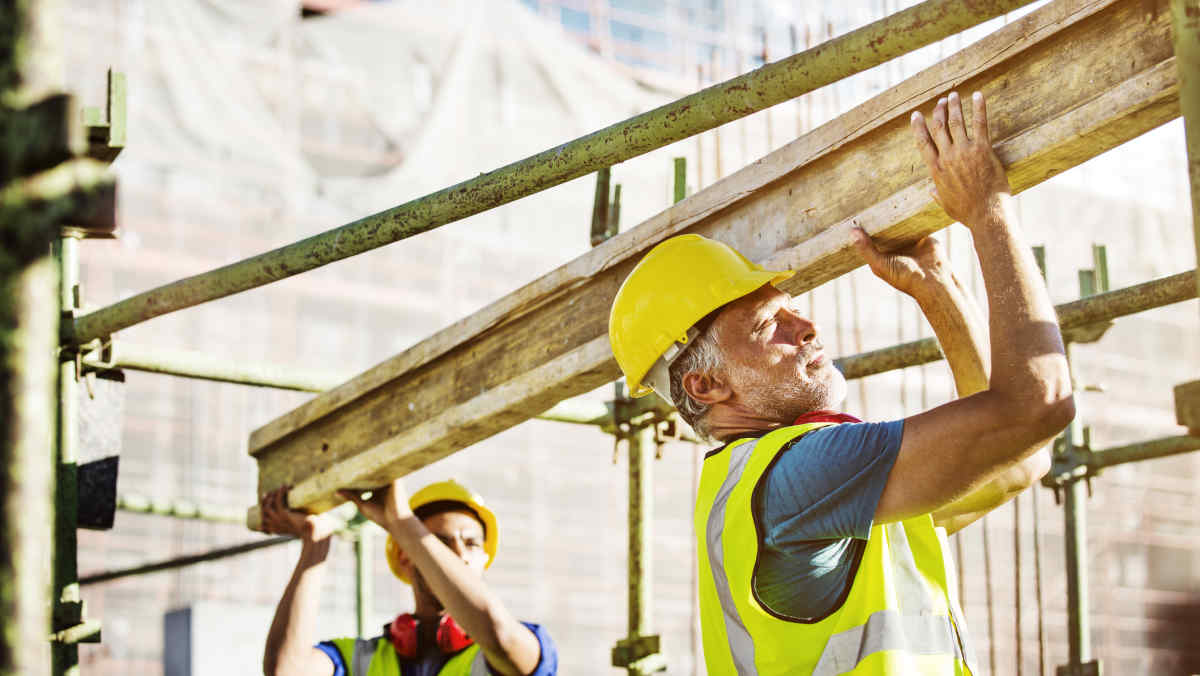
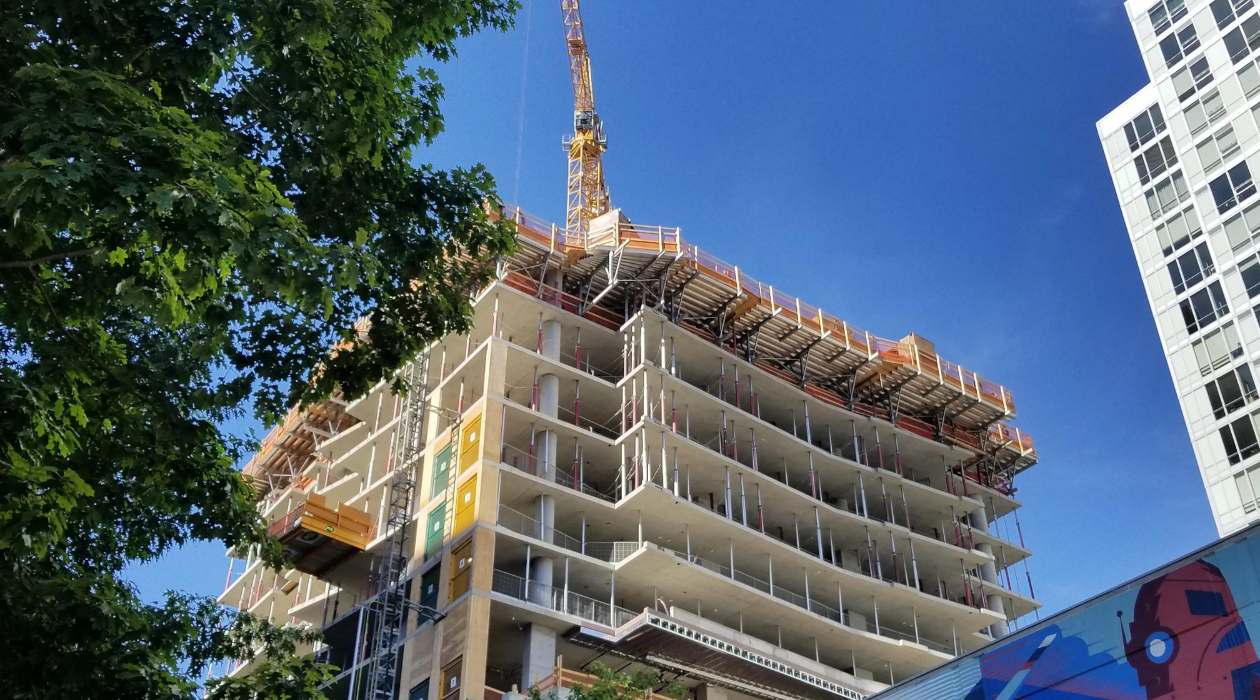
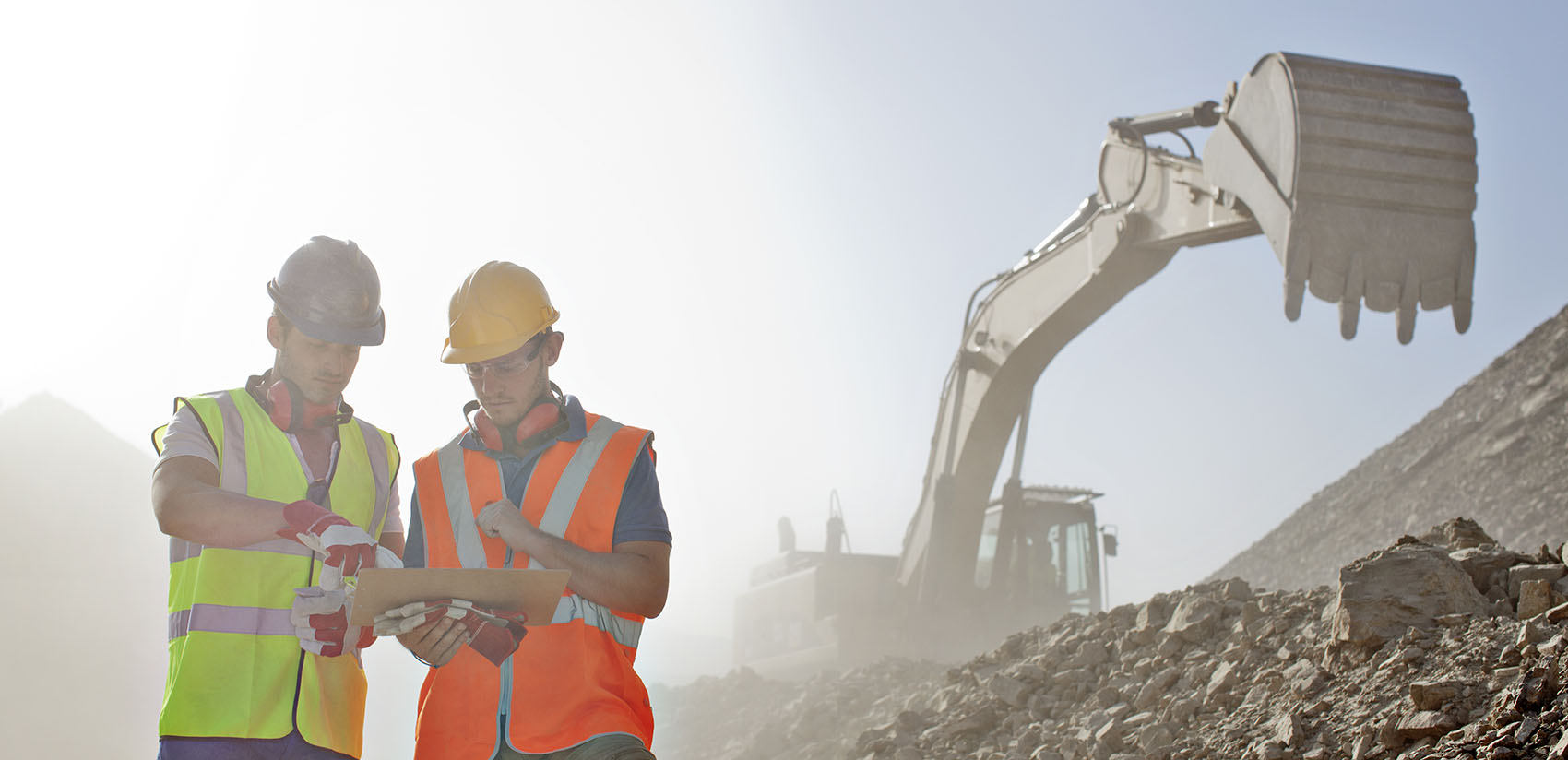

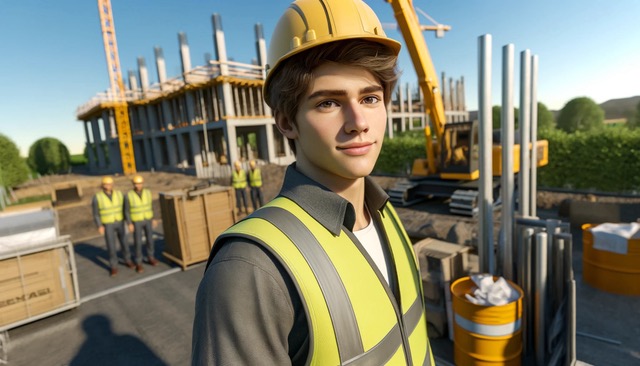
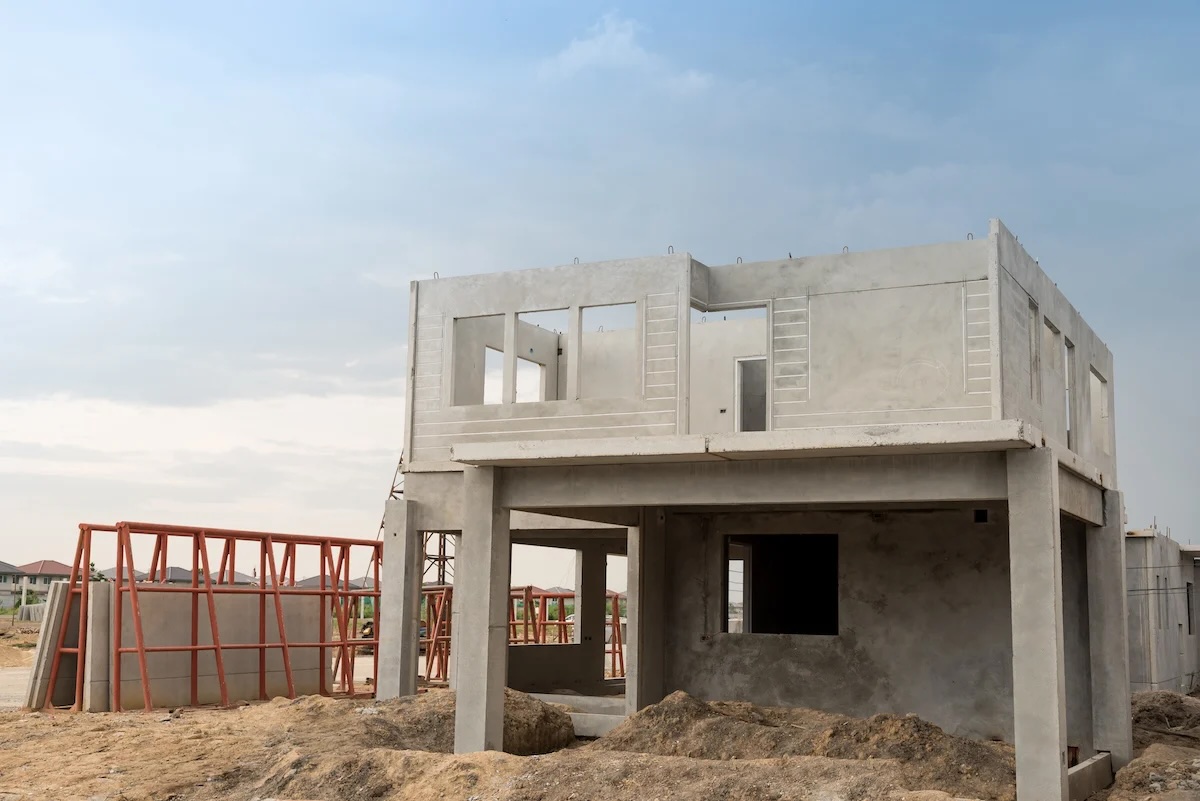
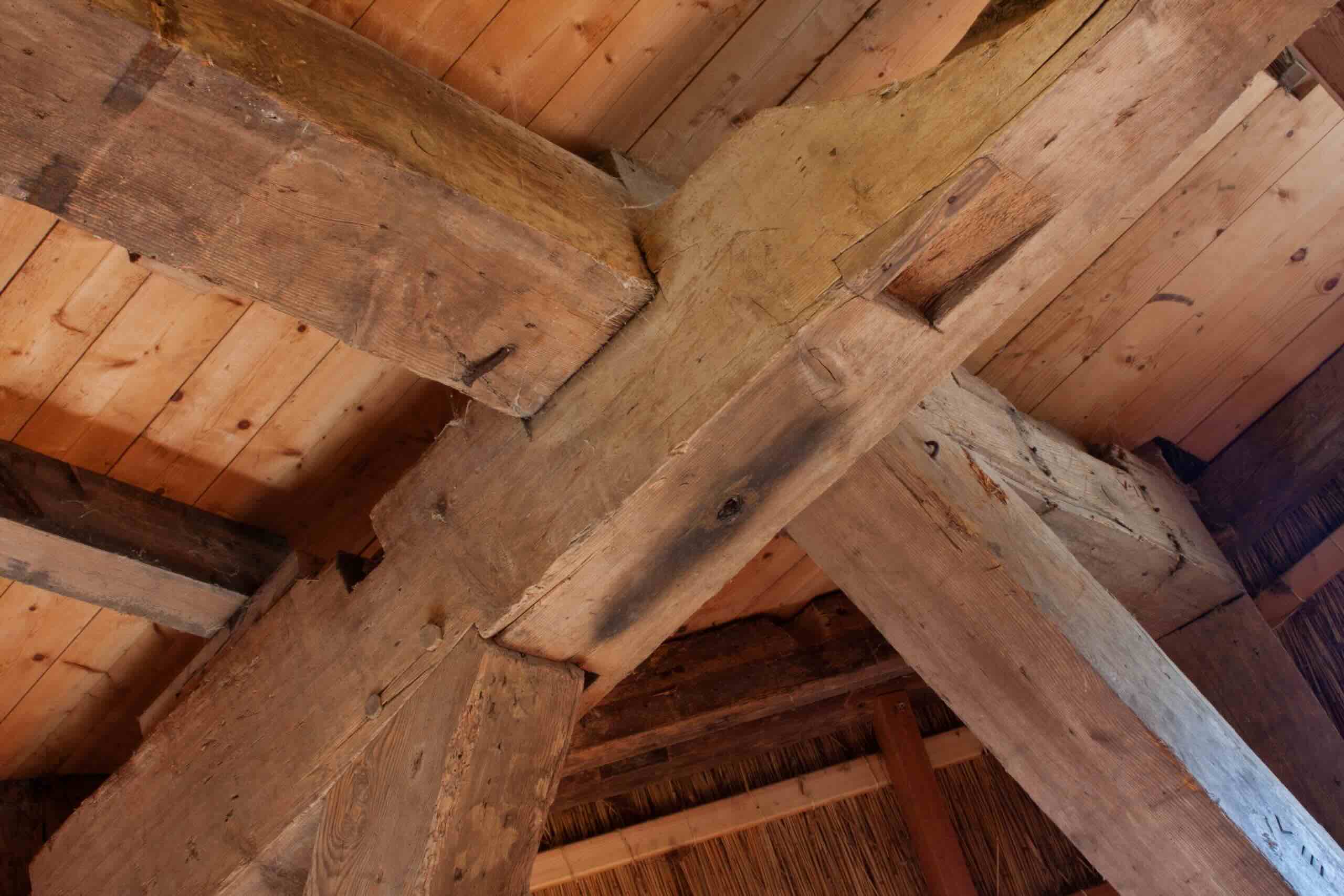
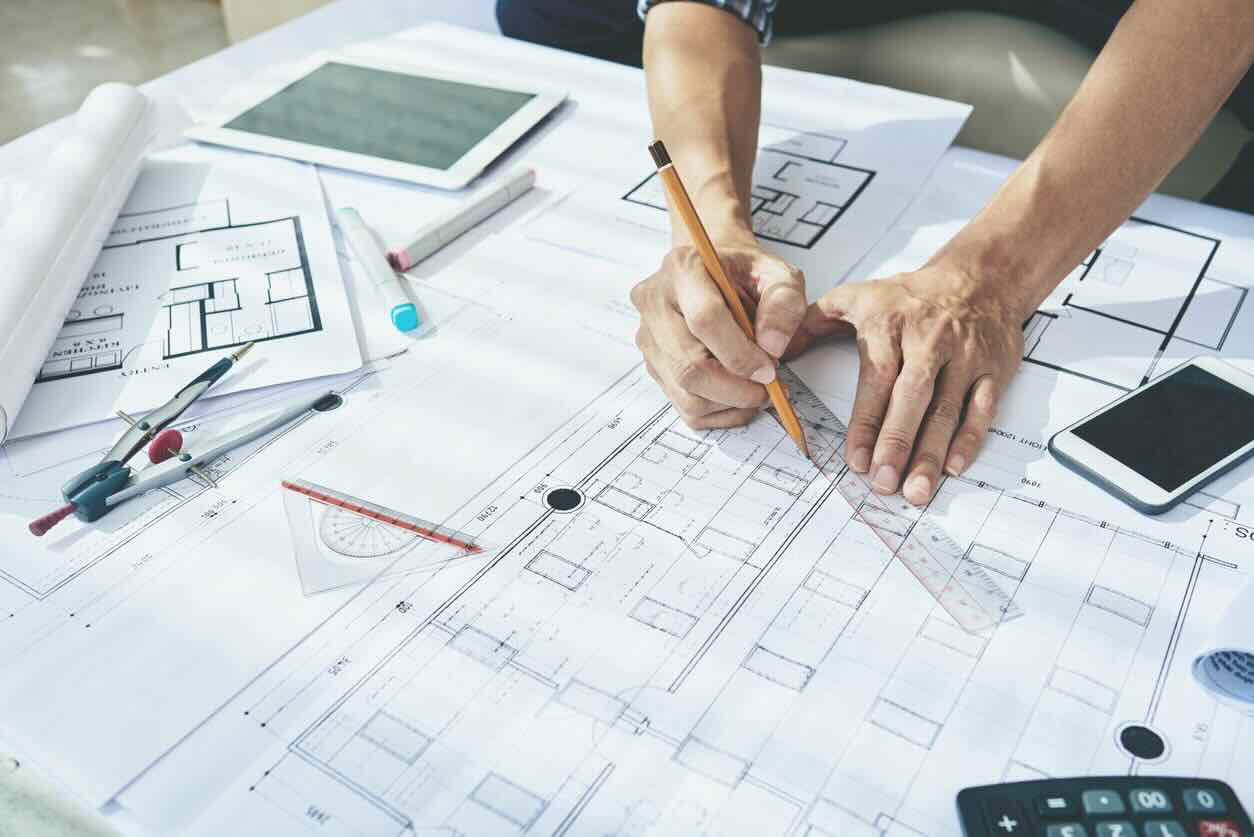

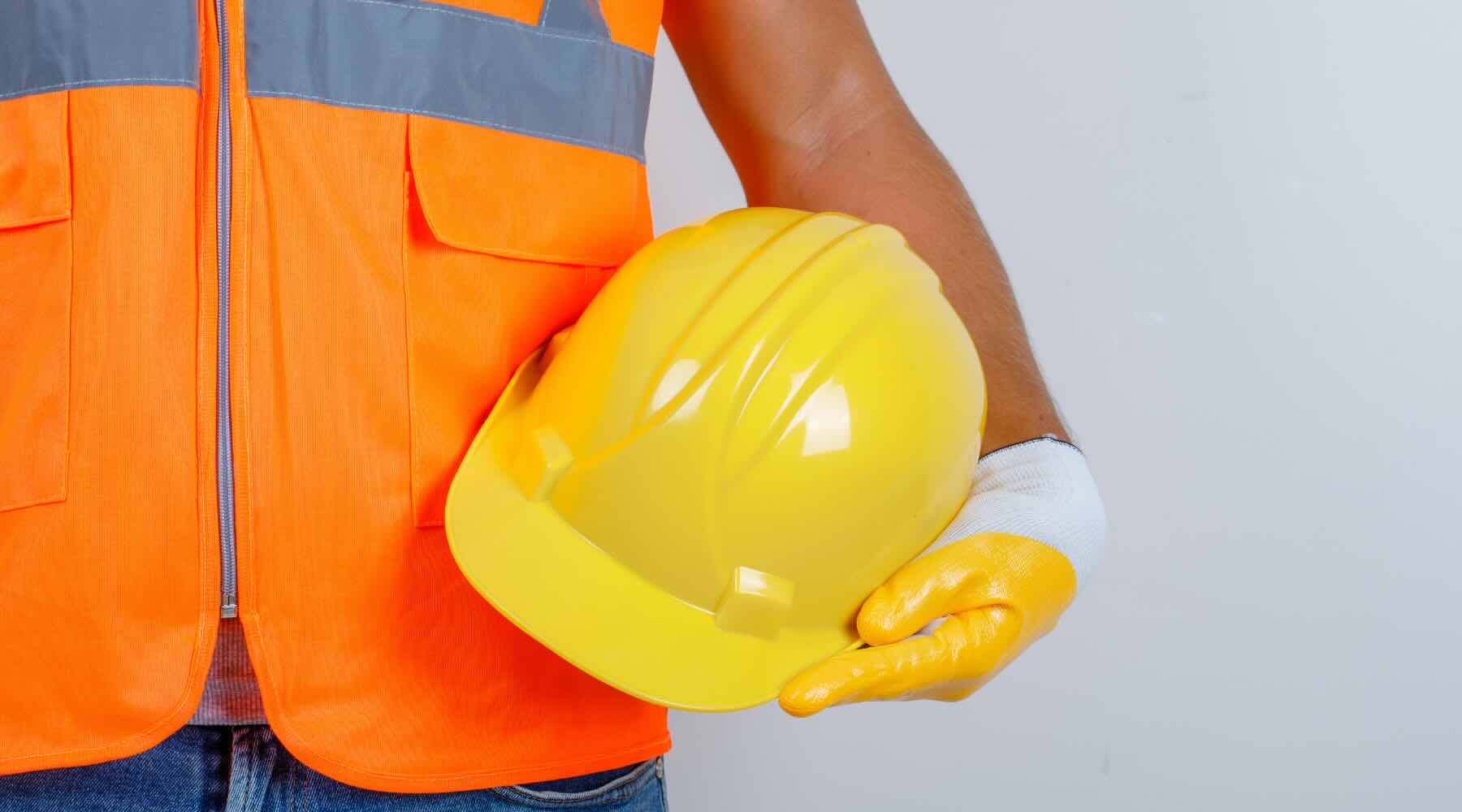

0 thoughts on “What Type Of Construction Jobs Are There”